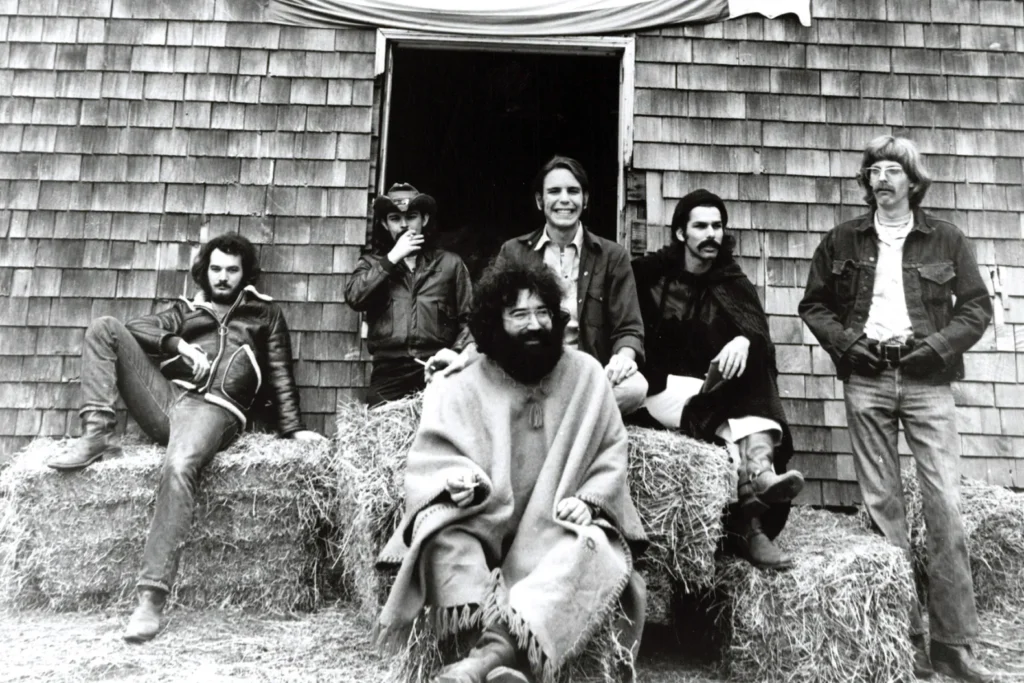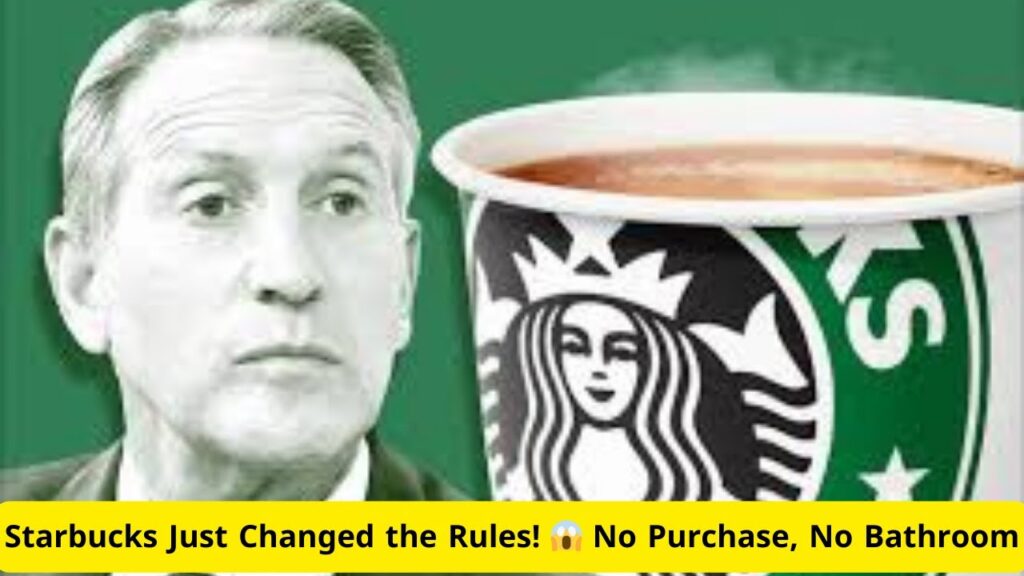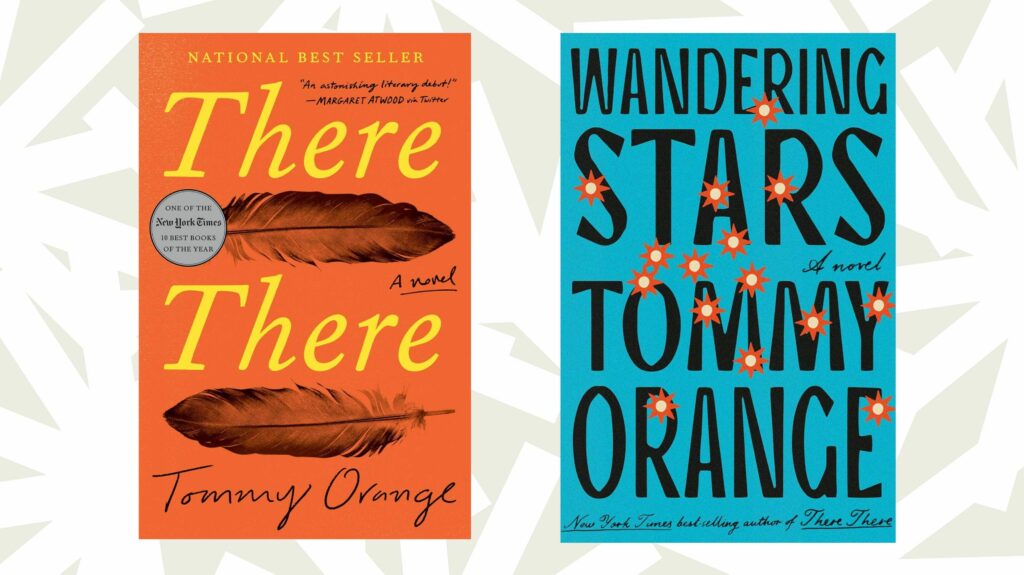 The revered adman wanted to instill the marketing process with a sense of respect for the consumer. He admonished his creative people and clients, “The consumer is not a moron. She’s your wife.”
The revered adman wanted to instill the marketing process with a sense of respect for the consumer. He admonished his creative people and clients, “The consumer is not a moron. She’s your wife.”
Other than the underlying sexist tone so typical of the 1950’s, I have always agreed with this maxim and found it to be particularly relevant when conducting qualitative research. How many times have we seen the agency art director pacing the back room, cursing those “idiot respondents” because “they don’t get my work.” Sometimes it’s the same with clients, stunned with disbelief that people won’t be flocking to their brand due to the latest product improvement to which they’ve dedicated the last six months or more of their lives. “Why can’t they understand how superior our new and improved brand is? The moderator must not be asking the right questions! I better get in there and explain this to them.”
In reality, of course, the problem isn’t the consumer not getting us. It’s us not getting them. If our work isn’t effective, how can we blame the consumer and not ourselves? Moreover, I believed that that no matter how foolish consumer responses might be in research, there is always a lesson to be learned, some insight or nugget of knowledge to be uncovered.
But now, thanks to Donald Trump, I’m not so sure that many consumers aren’t morons after all. It’s causing me to endure a full blown marketing midlife crisis, and I don’t like the implications.
I have built my career by uncovering the emotional insights that drive consumer behavior. It has always been clear to me brands are seldom, if ever, chosen for their utilitarian value alone. But while I have always maintained facts don’t matter in life, love, politics or marketing, I always took for granted that there was some underlying basis of truth, at least some rationality, at the core of our decision making.
A Lexus and a Toyota may be nearly identical, but the decision to pay thousands more for prestige can at least be rationalized by some extra bells and whistles. Loyal Jack Daniels drinkers may very well choose competitive brands in a blind taste test, but the heritage and emotion enveloping the brand enhance their enjoyment to such a great extent that it hardly matters. In any event, Jack Daniels is still great whisky and Lexus makes great cars.
I remember the first day of graduate school in the advertising program at Northwestern University so long ago when our professor explained how the virtues of the free market system and the underlying intelligence and self-interest of consumers were fail proof checks against false advertising and puffed up claims. David Ogilvy’s “Confessions of an Adman” was required reading.
How quaint. Donald Trump has led us into a brave new world, a fact free zone where the truth is whatever he decides it to be on any given day. And his supporters love him for it.
We’ve been heading down this path for a long time, but the tipping point has arrived. Thomas Frank, in his seminal book “What’s the Matter with Kansas? How Conservatives Won the Heart of America,” published in 2004, exposed how the right wing exploited social and cultural issues to persuade people to vote against their economic interests. Its roots lie in Richard Nixon’s “Southern Strategy” decades earlier.
But Trump has taken this to new extremes, paying insincere lip service to hot button cultural and religious issues while stoking fears of “those people” rioting in our inner cities, stealing our jobs and raping our women. The fact that unemployment is down to 4.9%, or that more people are now leaving the United States for Mexico rather than the other way around are beside the point.
No need to build my case here. Simply open almost any newspaper on any day, including the conservative Wall Street Journal, for a full accounting of Trump’s foolishness, bigotry and blatant disregard for the truth. Not only would his leadership be toxic, but he has failed miserably in detailing how lowering taxes on the rich, rounding up and deporting millions of people, barring an entire religion from entering the country and building a wall will actually help his base in any tangible way. Most mainstream economists, including many conservatives, acknowledge that his numbers don’t come close to adding up. They expect that a Trump win would result in a nose dive for stocks, a huge budget deficit and a serious recession.
I do understand that a large (but dwindling) percentage of Americans feel strongly about keeping a conservative majority on the Supreme Court, and the only way to guarantee that is a vote for Trump. But at what cost? It’s worth reading the ultra-conservative writer Ross Douthat’s thoughts on that subject.
The comedian Bill Maher is the anti-David Ogilvy. His explanation for Trump is that “people are idiots.” Maher is nothing if not arrogant, over the top and an intellectual lightweight, but I’m starting to understand his point of view. And I don’t like it at all.
One of the reasons I always loved popular culture – of which marketing is an essential part – is the mirror that it holds up to society. Whether in the form of comic books, western movies, detective novels, horror films, classic sitcoms, reality TV (including “The Apprentice”), rock & roll or rap, pop culture, also known as “lowbrow culture,” has always connected with a broad range of our population on a very deep level, revealing basic human truths along with our fears and aspirations.
So what are we to do with the basic human truth that is the ugliness of Donald Trump? Can greed really be good? Does hate, vindictiveness and naked bigotry really eclipse basic decency? Do we value lies more than truth?
I value empathy greatly, both in my personal life and as a professional marketer. If we can’t feel the pain of others, if we refuse to see life from other perspectives, our relationships are doomed to failure. Yet I’m having a very hard time feeling any empathy at all for Trump voters. I don’t want to live in his world, nor can I condone lending even a shred of credibility to his beliefs or those who follow him.
But when the election is finally over tomorrow night, those Trump voters will still be in the target markets for many of our clients. I’ve spent the last several months conducting research deep red states where respondents, no matter what the topic, are not shy about expressing their hatred of Obama/Clinton and their support for Trump.
This is my personal challenge. Repeat after me. The consumer is not a moron, the consumer is not a moron, the consumer is not a moron…



